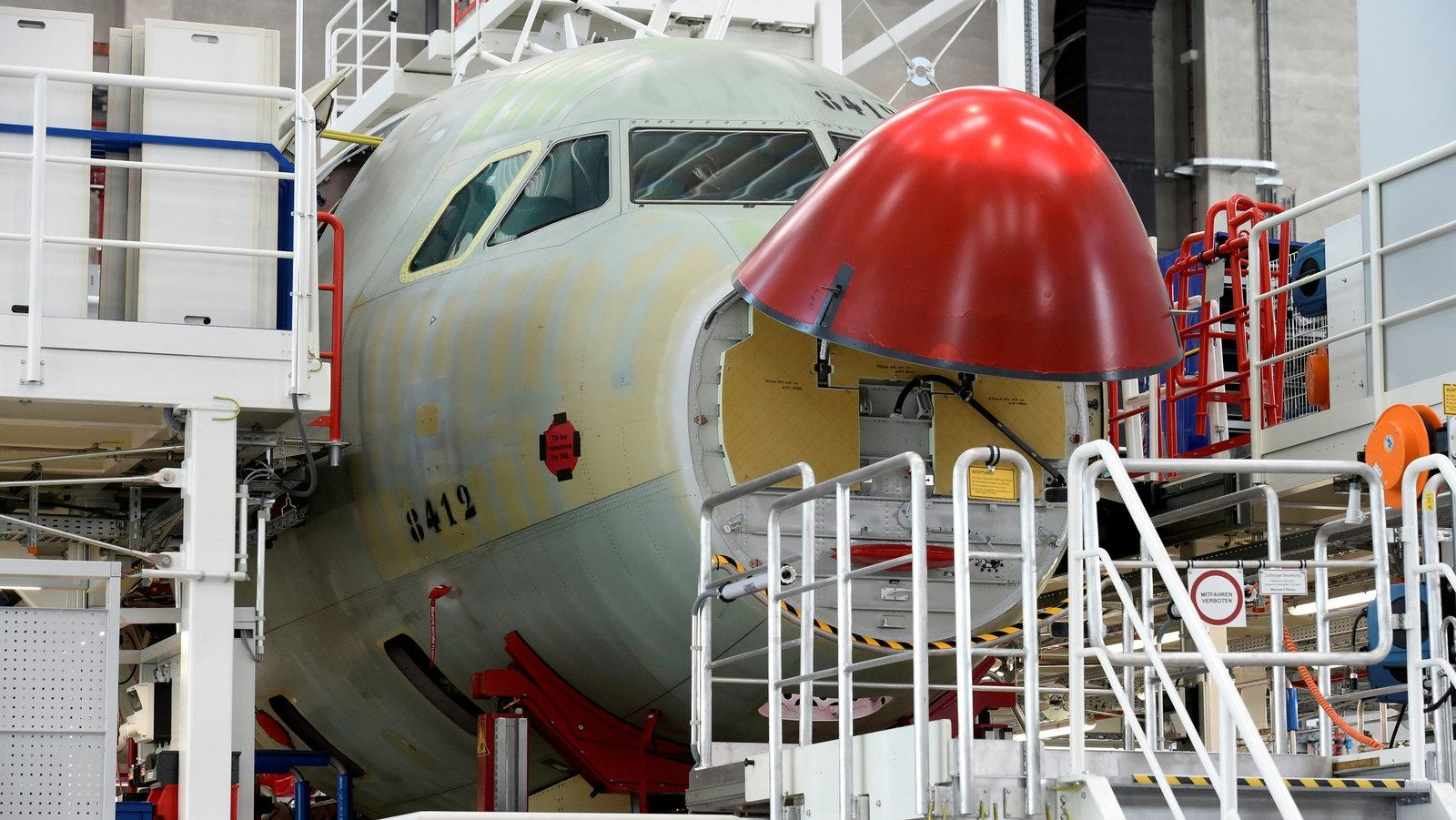
Smarter email, faster business. Auto-tag, parse, and respond to RFQs, quotes, orders, and more — instantly.
Trending
Delta Air Lines Inspects More Than 100 Aircraft After Hailstorm in Atlanta
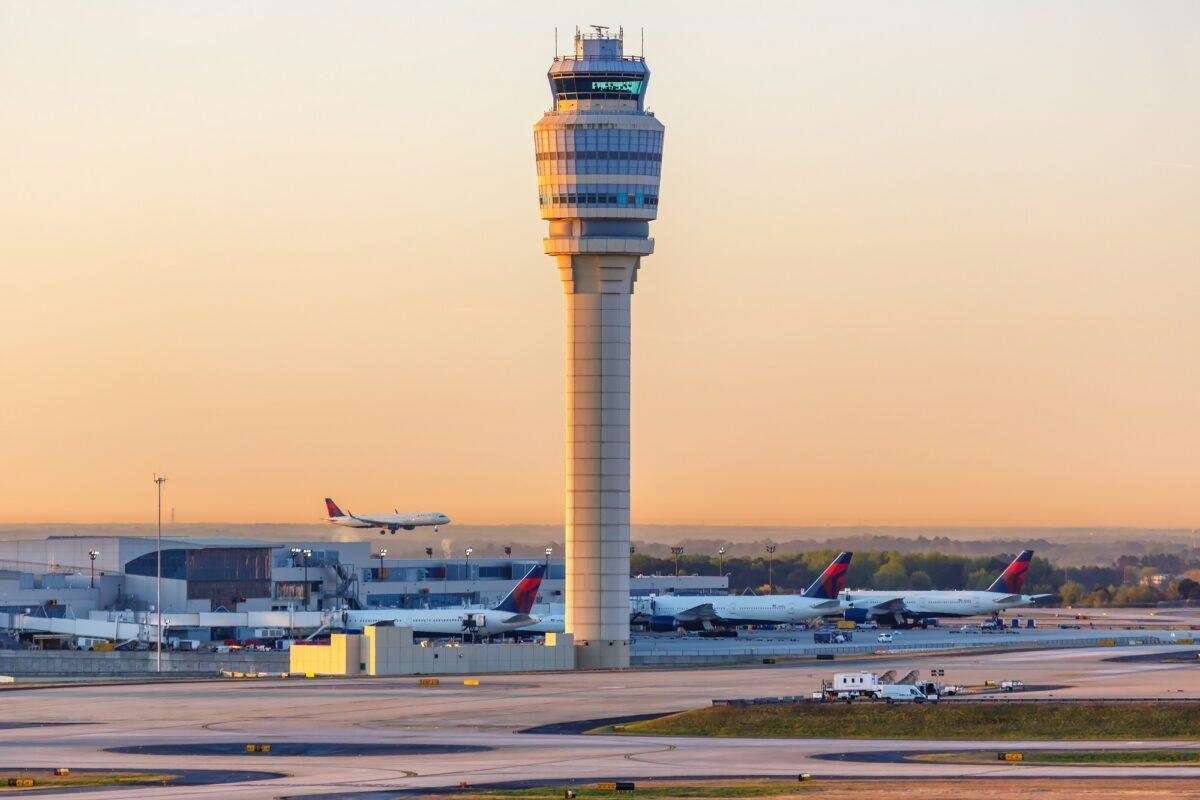
Delta Air Lines Conducts Extensive Aircraft Inspections Following Atlanta Hailstorm
Delta Air Lines undertook inspections of more than 100 aircraft after a severe hailstorm struck its Atlanta hub on June 27, causing significant operational disruptions. The storm, which brought intense thunderstorms, hail, windshear, and reports of microburst winds to Hartsfield-Jackson Atlanta International Airport (ATL), inflicted notable damage on Delta’s fleet. This led to hundreds of flight cancellations and delays, severely impacting the airline’s operations at its busiest hub.
Operational Response and Impact
Delta’s base and line maintenance teams worked through the night to conduct comprehensive inspections of the affected aircraft, successfully returning nearly all to service within 12 hours. As weather conditions improved, maintenance personnel at diversion stations assisted in repositioning aircraft back to Atlanta and other destinations. The airline emphasized that these inspections were essential to ensuring passenger safety in the aftermath of the storm.
The operational impact was considerable. Data from FlightAware indicated that on June 28, Delta experienced peak disruptions, with 36% of its mainline flights (1,209) delayed and 17% (581) canceled. By June 29, the airline reported that operations had largely stabilized, with fewer than 60 mainline cancellations. Erik Snell, Delta’s Chief Customer Experience Officer, noted in a customer communication that the severe weather on the evening of June 27 caused significant disruption at ATL, where approximately 900 flights operate daily. The storm also prompted an evacuation and temporary power loss at the airport’s air traffic control tower, further complicating recovery efforts.
The disruptions at Atlanta reverberated throughout Delta’s network, highlighting the vulnerability of air travel to severe weather events. Industry observers expressed concern over the operational and potential financial repercussions for Delta as it worked to restore normal service ahead of the busy July 4 holiday travel period.
Broader Industry Challenges Amid Severe Weather
Delta was not alone in facing weather-related operational challenges. Other major carriers, including American Airlines, also experienced significant delays and cancellations due to storms affecting multiple regions. On June 27, American Airlines encountered a technology issue that temporarily disrupted system connectivity, exacerbating delays. FlightAware data showed that 44% of American’s flights (1,634) were delayed and 7% (266) canceled on that day. The airline reported that the issue was swiftly resolved and that operations had recovered by June 30, just before what is expected to be its largest-ever July 4 travel period. American projects nearly 7.6 million customers will travel between June 27 and July 7, marking a nearly 5% increase over last year.
As the industry approaches one of the busiest travel seasons, these recent disruptions underscore the persistent challenges posed by severe weather and the critical importance of rapid operational response to maintain safety and minimize passenger inconvenience.
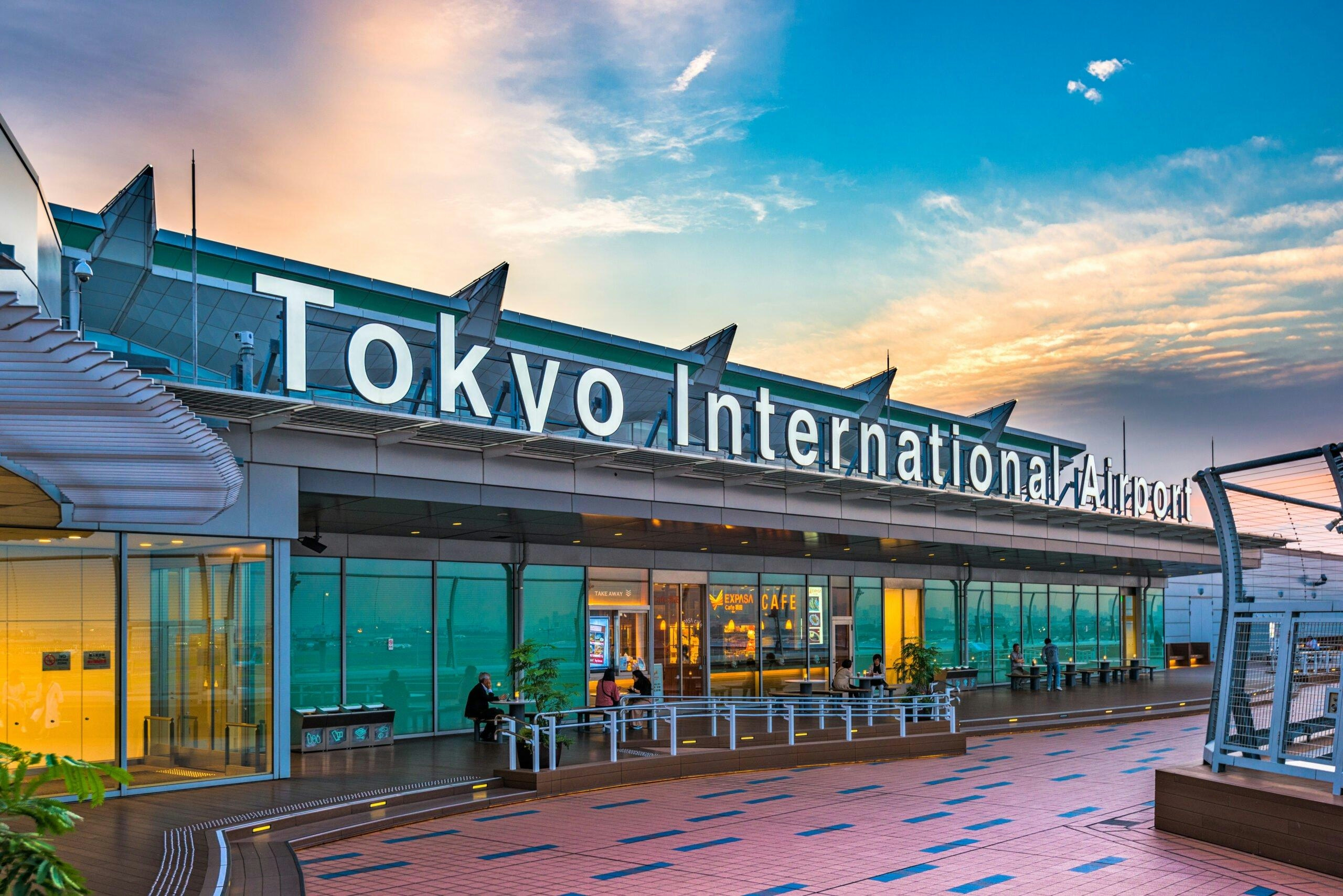
Moonware to Trial HALO Platform at Tokyo Haneda Airport
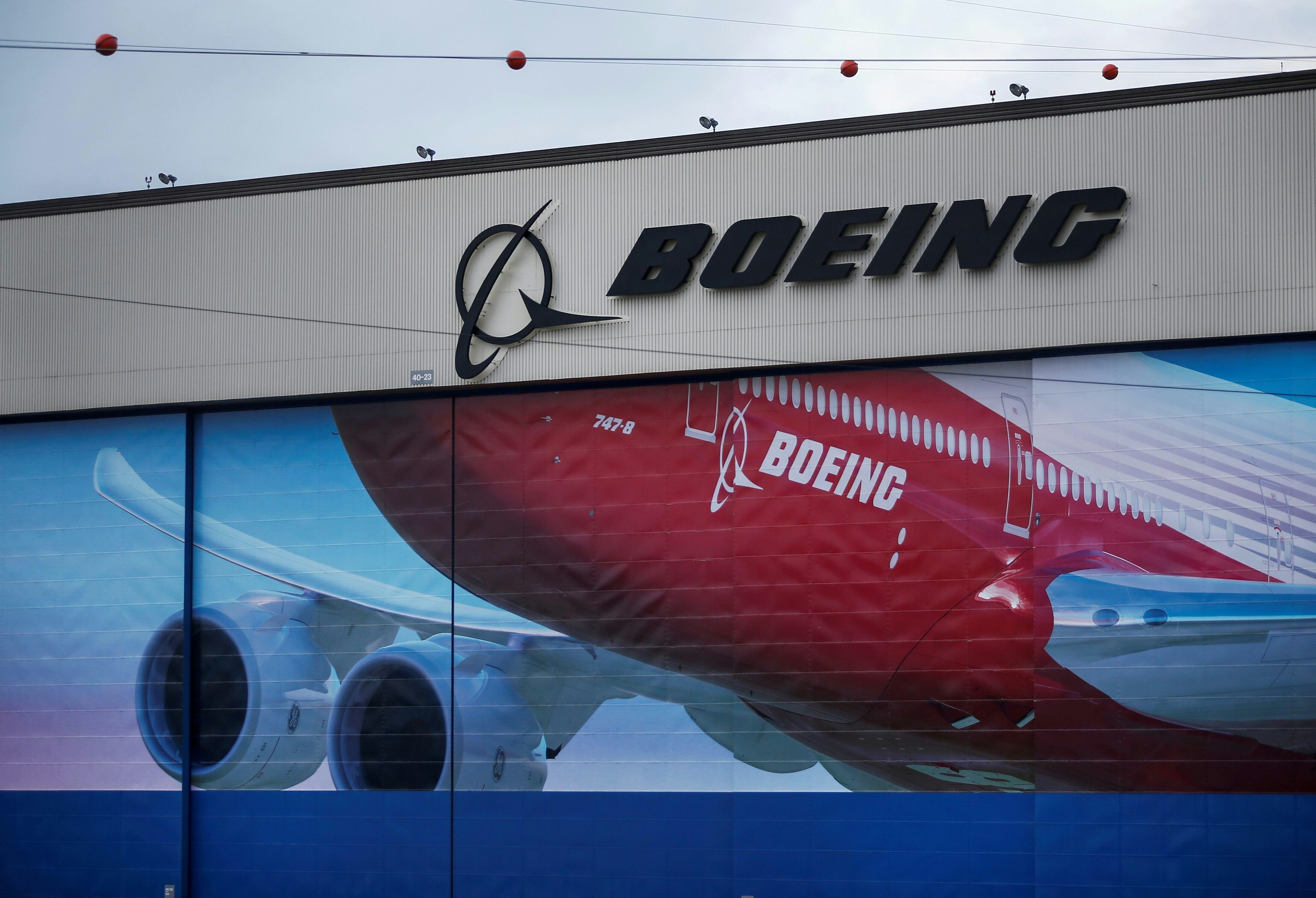
Boeing Reports Strong Second-Quarter Results
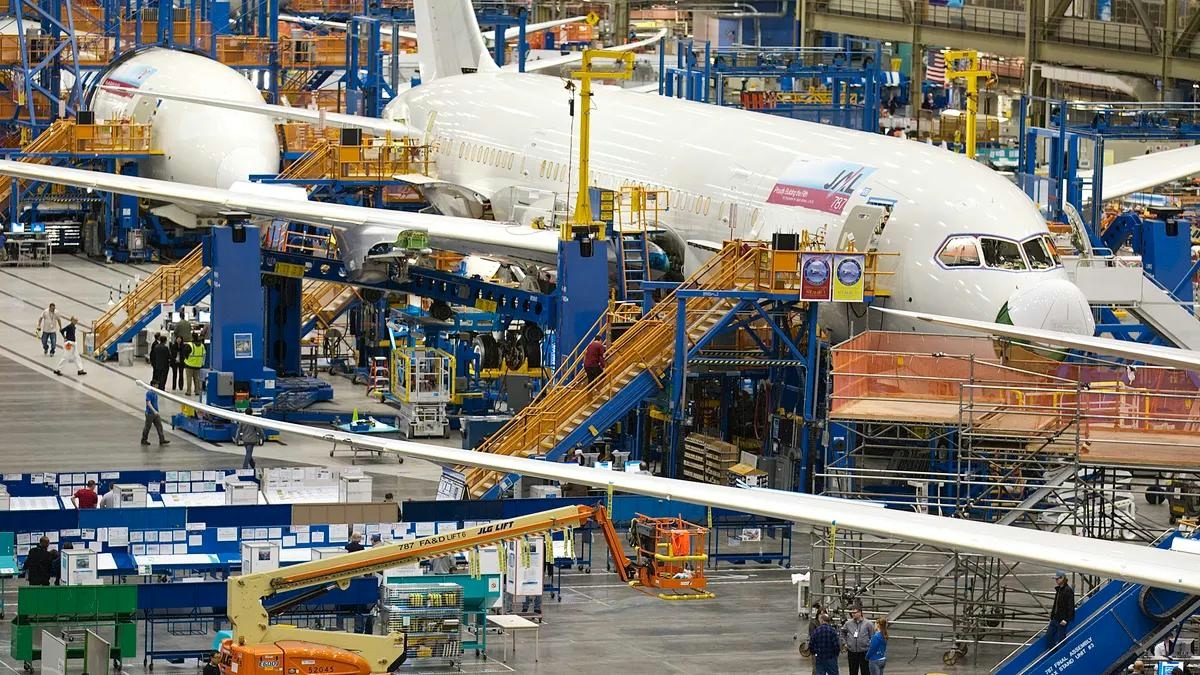
Investigation Targets Boeing 787 Systems, Potentially Impacting Global Operations
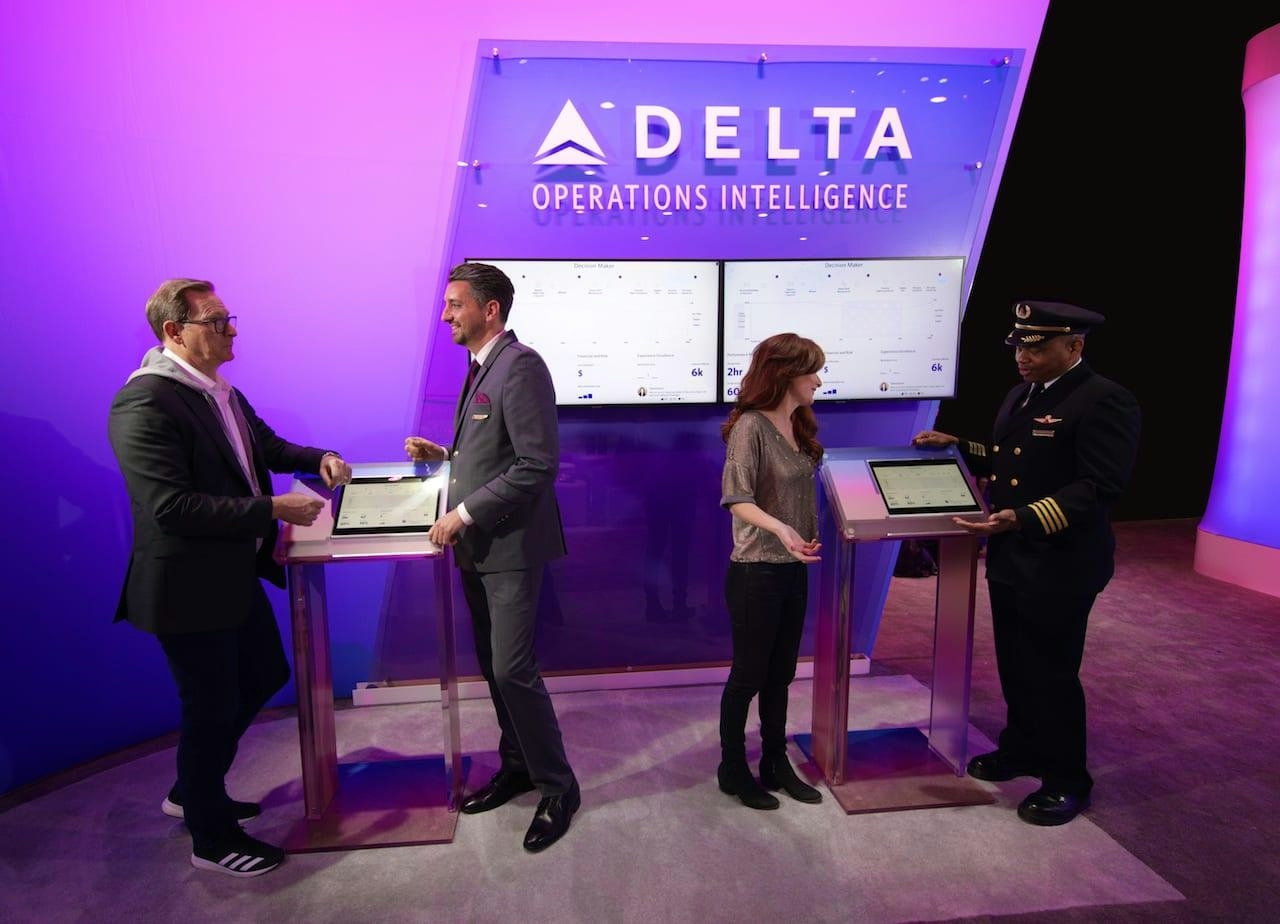
Airlines Adopt Event-Driven AI Systems to Improve Operations
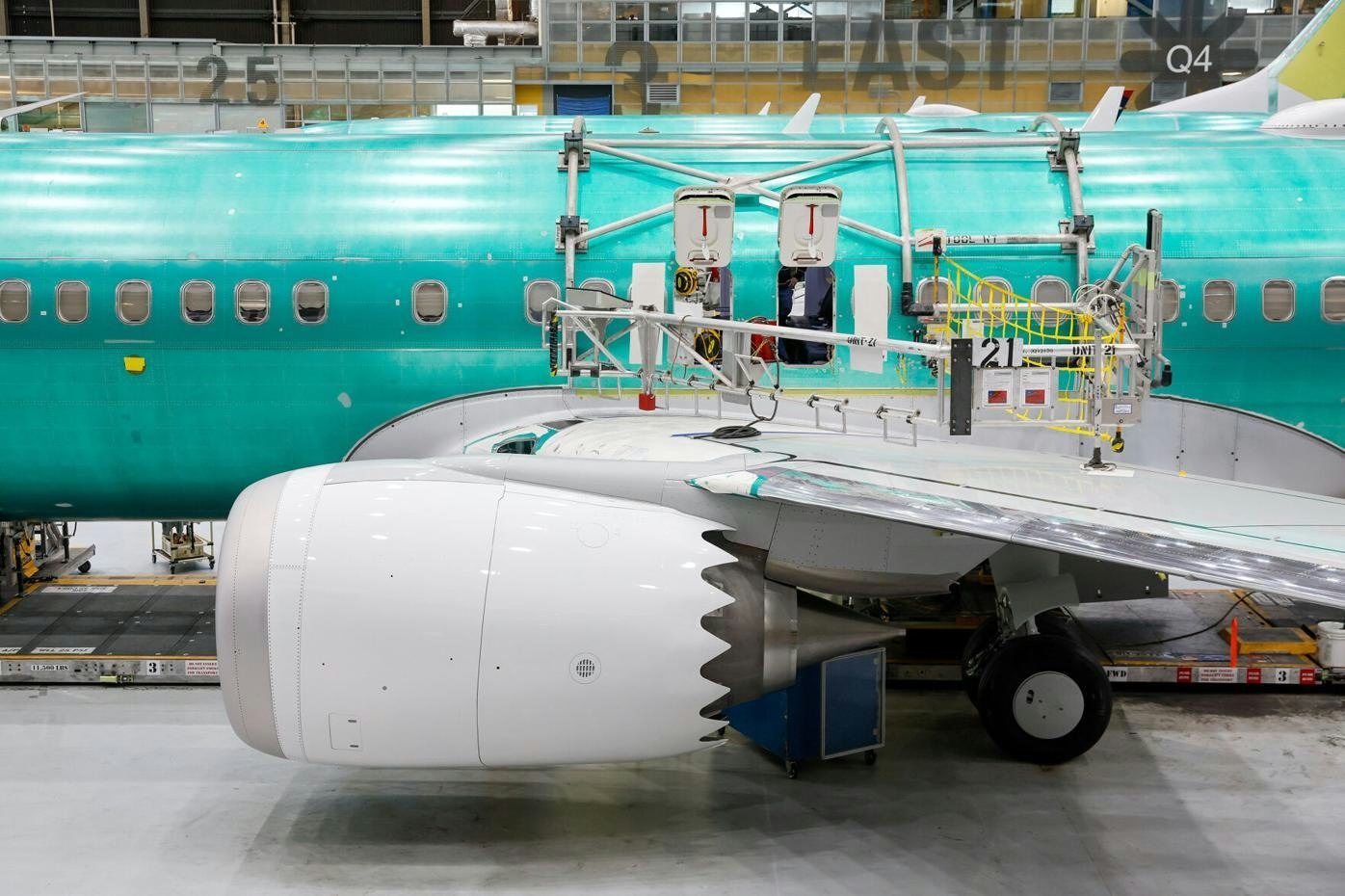
Boeing Reports Record Aircraft Deliveries in Second Quarter
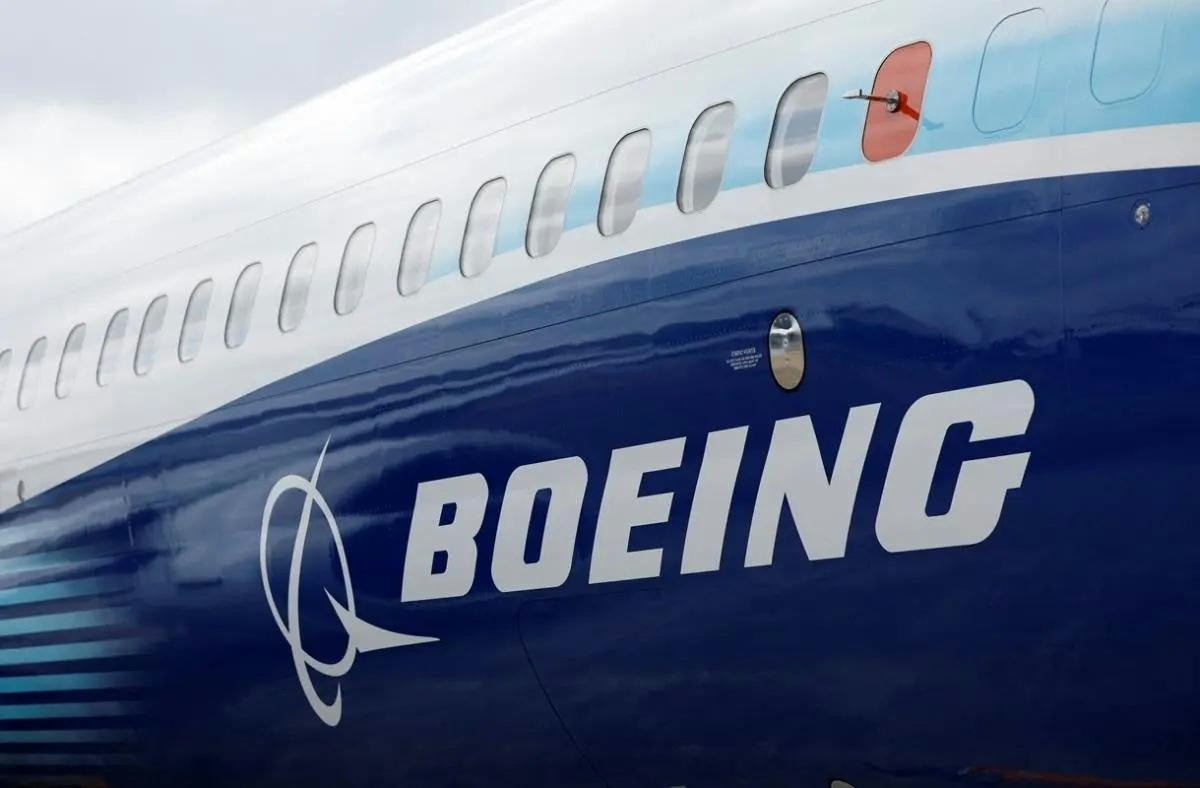
Boeing’s Q2 Deliveries Exceed Expectations
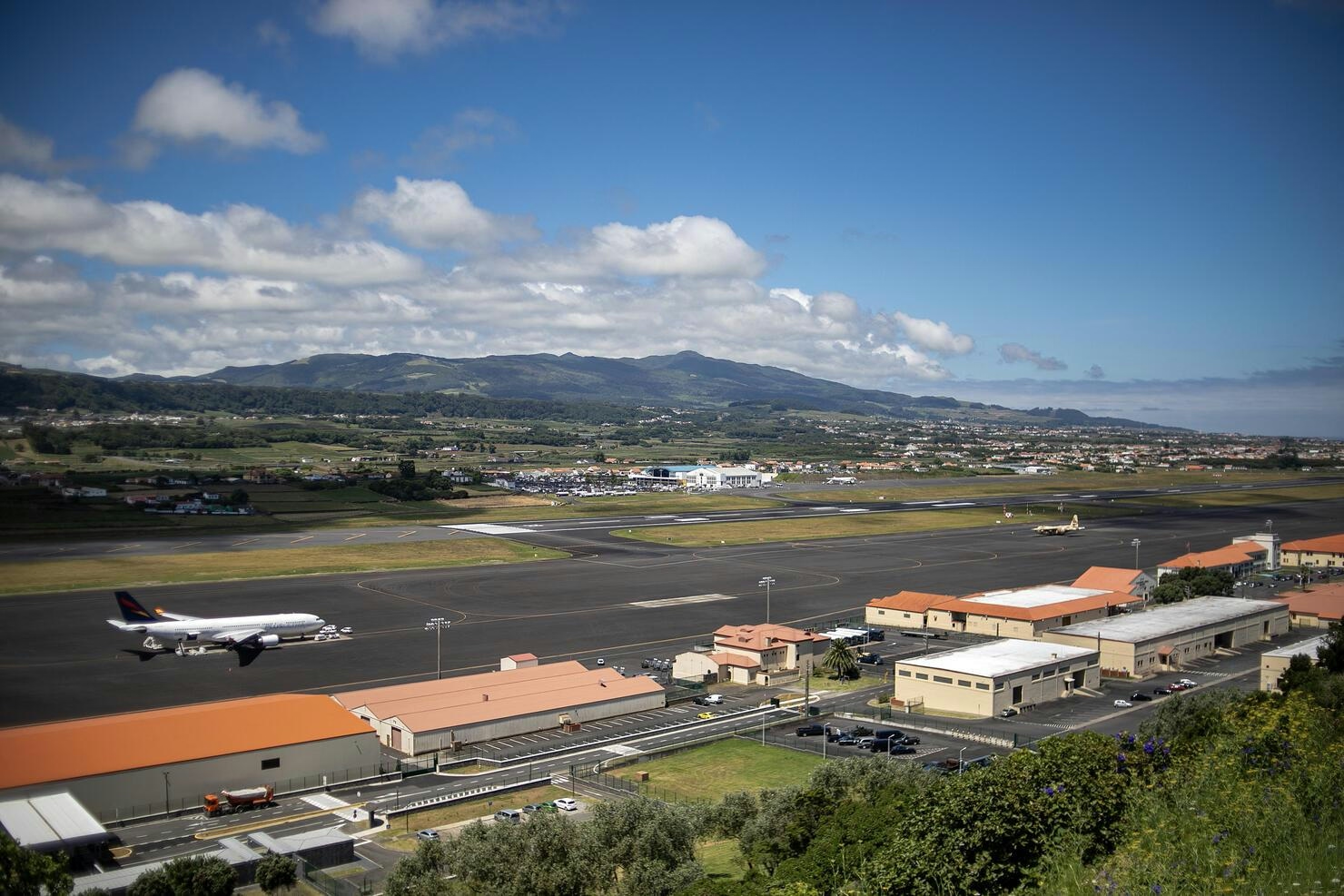
Delta Flight Makes Emergency Landing on Remote Island Due to Engine Trouble
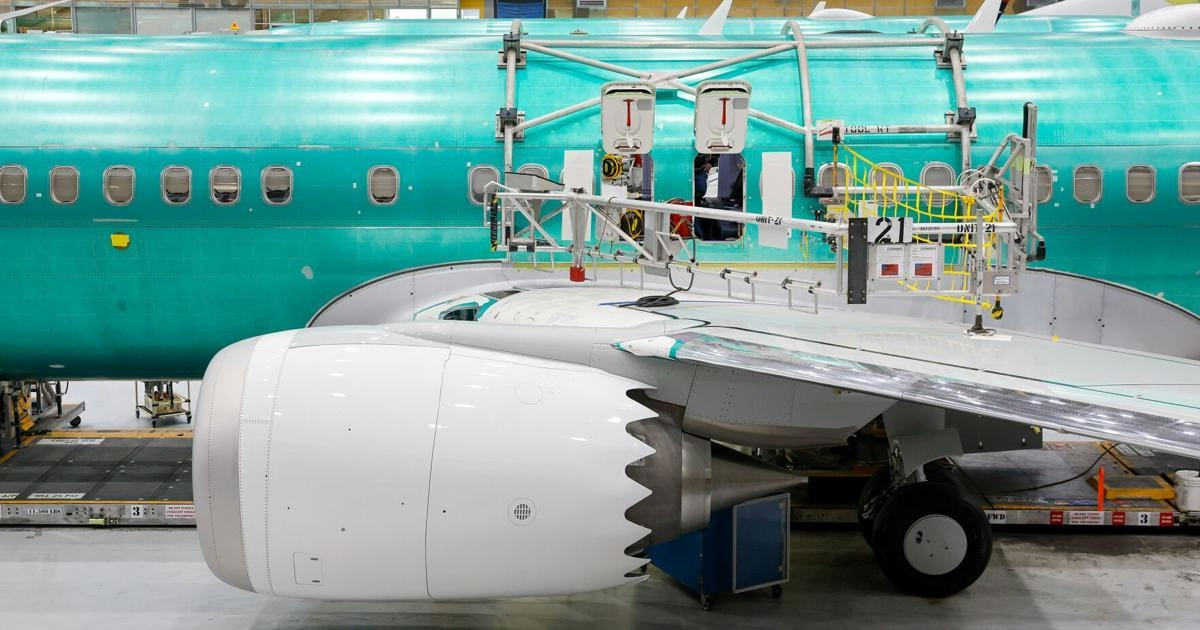
Boeing Increases Production Following FAA Approval
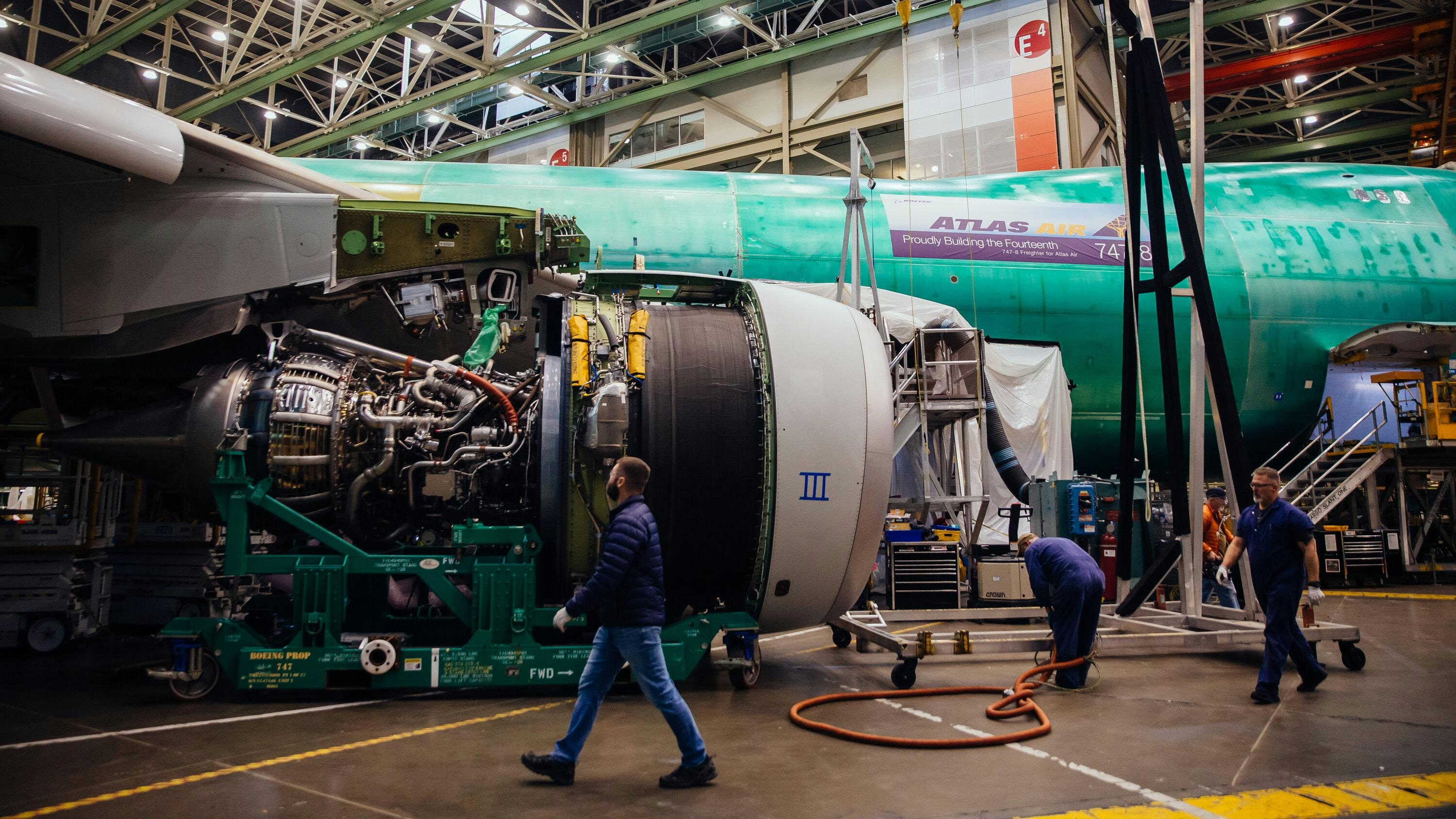
Trade Pressure on Small Nations and Its Impact on Boeing
